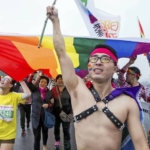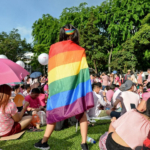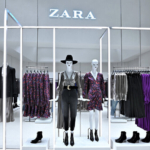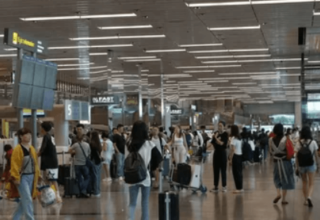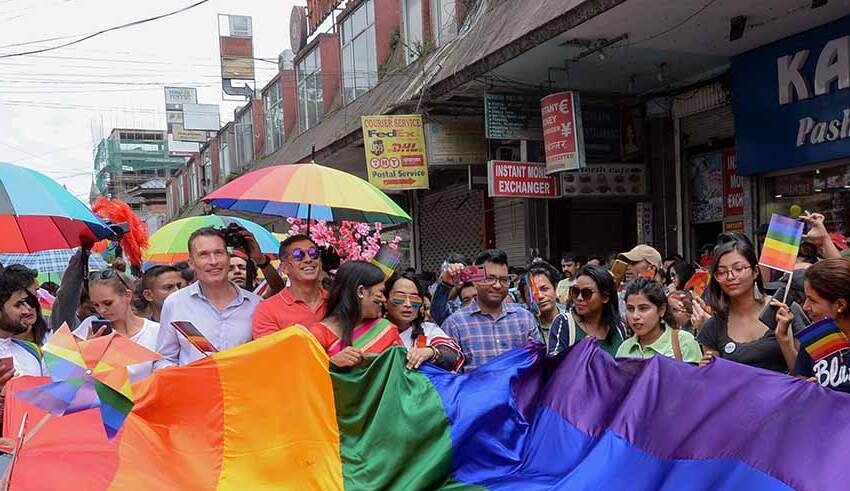
Indonesia has made progress in improving the human rights of LGBTQIA+ individuals, while the Philippines has regressed, according to the response of the Asean SOGIE Caucus to the United Nations mechanism that analyzes member states’ human rights records.
Monday’s 52nd session of the UN Human Rights Council in Geneva marked the conclusion of the 4th cycle of the Universal Periodic Review (UPR), which examined the human rights situation in both nations for the fourth time.
Indonesia obtained 13 out of 269 recommendations pertaining to SOGIESC during the UPR, while the Philippines received 9 out of 289 recommendations addressing LGBTQIA+ non-discrimination.
The executive director of the Asean SOGIE Caucus, Ryan Silverio, thanked UN member states for elevating the voices of advocates.
Silverio stated, “We feel the recommendations received by both nations reflect the advocacy priorities of the LGBTQIA+ movements.”
He stated that these measures include establishing laws and policies that protect LGBTQIA+ individuals from discrimination and violence, repealing laws that threaten their human rights, and criminalizing hate crimes.
“We commend UN member states for listening to activists and echoing our calls throughout their examination of the human rights records of Indonesia and the Philippines,” Silverio added.
Keep Reading
Eight of the thirteen SOGIESC-specific UPR recommendations were approved by Indonesia, which drew international attention for its human rights regresses as a result of newly enacted legislation criminalizing LGBT individuals.
In contrast, the Philippines, a country with a thriving LGBT movement that advocates for inclusive legislation, rejected all SOGIESC-specific UPR suggestions.
Nono Sugiono, the president of Arus Pelangi, the Indonesian LGBTQIA+ federation, praised the Indonesian government for its acceptance of eight SOGIESC-specific suggestions. Concerns exist, however, over the government’s stance on the universality of LGBTQIA+ individuals’ human rights.
Sugiono lamented that the Indonesian government’s study said that the human rights of LGBTQIA+ individuals were not uniformly recognized.
Filipino activists were dismayed by the government’s decision to reject all SOGIESC-specific UPR recommendations.
Angel Romero, board member of the Filipino LGBT Chamber of Commerce, stated, “We are optimistic that the government would not diminish the numerous initiatives of the LGBTQIA+ movement toward an inclusive Philippines, notwithstanding its rejection of SOGIESC’s proposals.”
In November 2022, the Philippine government rejected the SOGIESC-specific suggestions, deeming them “unacceptable” and arguing that they pertain to “same-sex marriage,” which is against local culture and religion.
